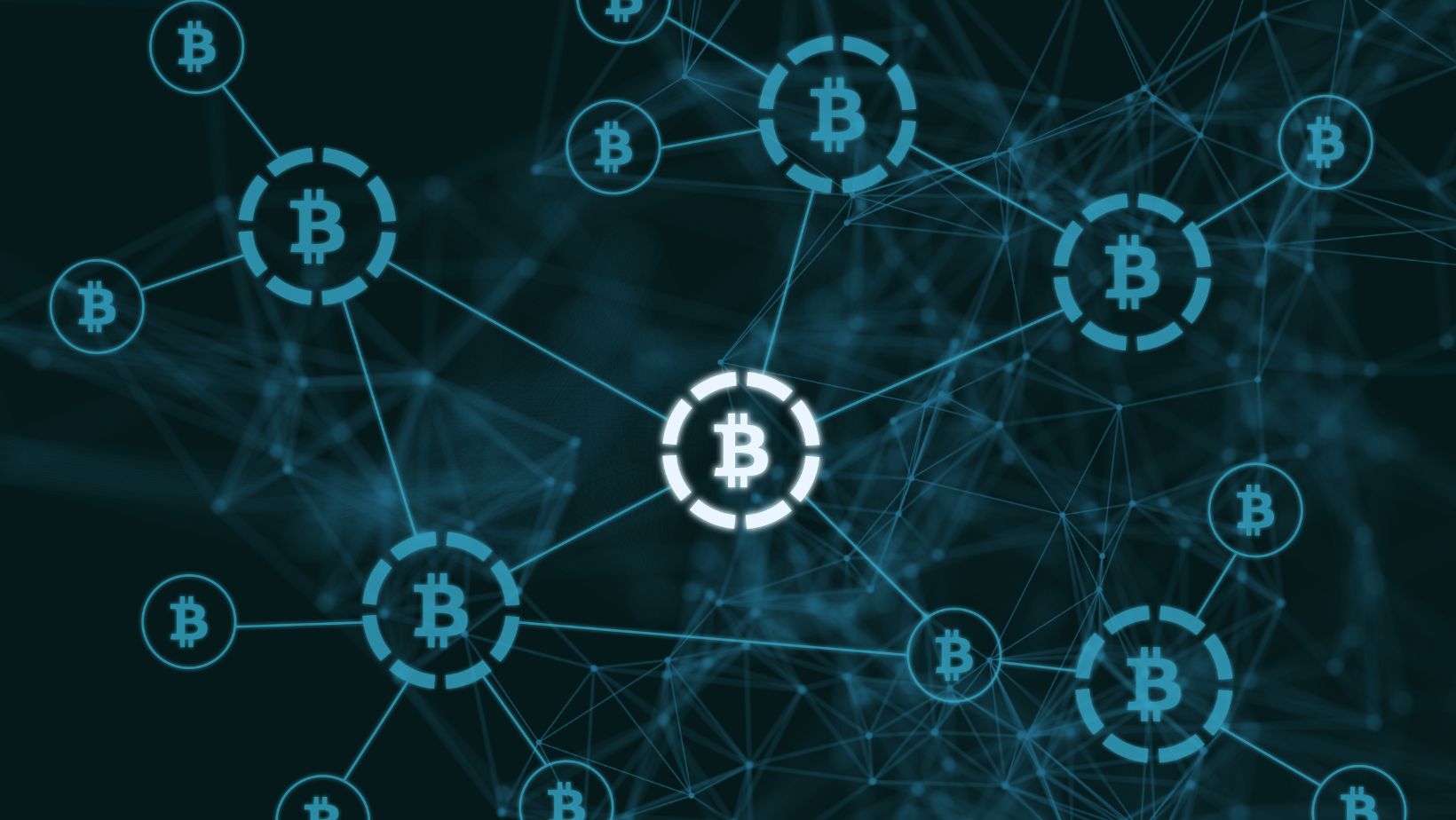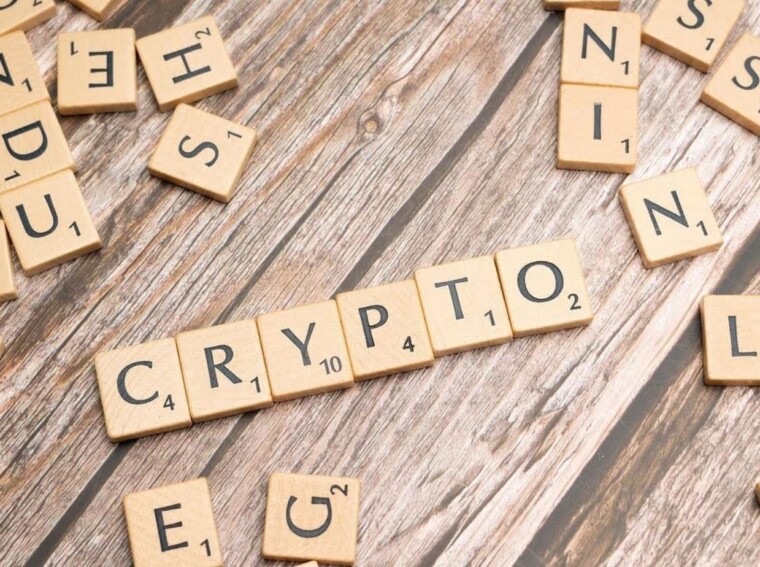Players spend money on games all the time. Skins, weapons, rare items: you name it. But here’s what most people don’t realise: you don’t actually own any of it. The company does.
If they shut down the servers or ban your account for whatever reason, everything you paid for vanishes. It’s happened to millions of players, and there’s nothing anyone can do about it once it’s gone.
Blockchain gaming changes this by giving players real ownership and the ability to earn money while playing.
Real Ownership of Your Items
Traditional games keep everything locked up on company servers. You buy a legendary skin, but the developer controls it. They can take it away whenever they want, and players have zero recourse. Blockchain games work differently because your items get stored as tokens in your personal wallet instead of sitting on some company server that could disappear tomorrow.
This means you can sell your items directly to other players and keep the money. That rare sword you don’t use anymore? Sell it to someone who wants it. Some games even let your items work across multiple titles if the developers built them on compatible systems.
When the game shuts down (and they all do eventually), your items stay in your wallet. Casinos that take Bitcoin operate the same way, as they let players maintain full control instead of depositing funds into company accounts.
Everything gets recorded on the blockchain publicly. Anyone can check an item’s history and verify its authenticity before making a purchase. The transparency eliminates the fraud and scams you see constantly in traditional game marketplaces.
Earning Money Through Gameplay
Blockchain games actually pay you to play. Complete daily quests, win competitive matches, climb the leaderboards, and you’ll earn cryptocurrency or NFTs that hold real value. The market reached $21.6 billion in 2025, with forecasts putting it above $300 billion by 2030.

Players from countries with struggling economies have been making decent money here. Some skilled gamers pull in more than their local job markets offer. Your earnings vary based on which game you play and how good you are at it, but the opportunity is there. Regular games just give you fun and nothing else.
Players Control the Direction
Governance tokens hand you real voting power over major game decisions. You vote on new features, economy tweaks, and content drops instead of watching developers make changes you never asked for. When the community despises a proposed update, they can reject it outright.
Traditional games don’t work that way; the studio does what it wants, and players just deal with it. The decentralised model also stops any one company from shutting the whole thing down or mass-banning players without community consensus. If you’ve ever watched a game you loved get wrecked by wrong corporate choices, you know exactly why this setup matters.
Items That Work Across Games
Your items from one blockchain game could potentially work in another game built on compatible standards. A weapon you earned in a fantasy RPG might show up as a cosmetic in a sci-fi shooter if both developers support the same framework. Collectables can display across different platforms regardless of where you originally got them.
This means your gaming achievements build a permanent collection instead of staying trapped in one game that’ll eventually shut down. Full cross-game functionality hasn’t arrived yet, but developers who think ahead are building their games with these capabilities from the start.
Transparent Systems You Can Verify
Every transaction in blockchain games gets recorded on a public ledger that anyone can check. Players can review the smart contracts before investing time or money to see exactly how the reward systems work. The global blockchain market moved over $270 billion worth of assets through this cryptographic security.
Smart contracts handle in-game functions automatically without requiring trust in middlemen. Win a tournament? The prize money hits your wallet through automatic code execution instead of waiting days for someone to manually process it. Decentralised storage means one database hack can’t compromise millions of accounts at once, which happens regularly with traditional games storing everything in one place.
